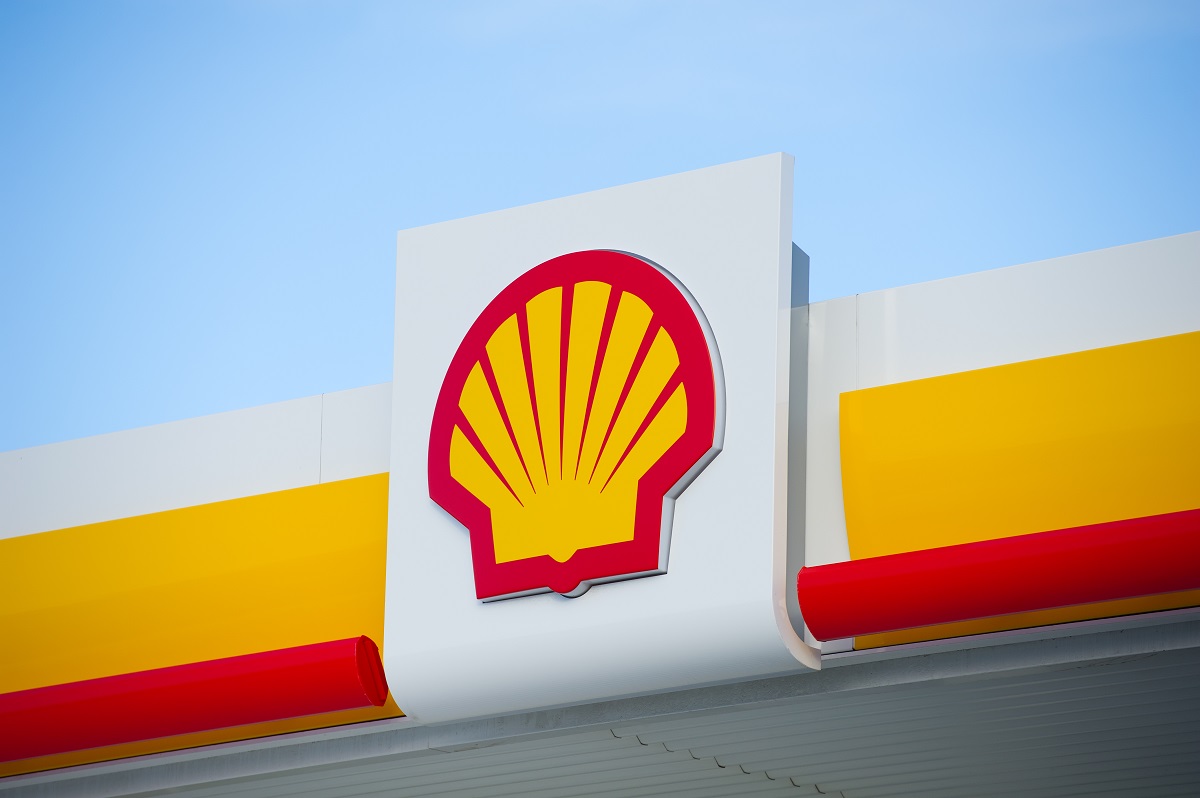Shell's Gas Project License Talks with Venezuela Hinge on Dispute Over Future LNG Prices
(Reuters) — A disagreement between Shell and Venezuela's state company PDVSA over future liquefied natural gas (LNG) prices has gridlocked talks on a license for Shell and Trinidad and Tobago's National Gas Company to operate a Venezuelan gas field, two people close to the negotiations said.
Trinidad is seeking access to up to 4.2 trillion cubic feet (Tcf) of gas in Venezuela's Dragon offshore field to ramp up exports of LNG and petrochemicals, which have suffered in recent years because of gas curtailment. Dragon sits on Venezuelan waters, near the maritime border between the two countries.
"The Venezuelan government has made it clear to Trinidad and Tobago that the license will not be issued to Shell and NGC unless Shell and PDVSA come to an agreement on future LNG prices," the people said.
Shell projects soft LNG prices to 2050, but Venezuela has argued that many analysts suggest that LNG prices at Europe's TTF and Asia's JKM are likely to remain strong in the long term, the people said.
Shell, NGC, PDVSA and Trinidad's energy ministry did not immediately respond to requests for comment.
Trinidad's Prime Minister Keith Rowley last week told journalists in a broadcast conference about issues surrounding a deal for Dragon, which his government has no control over. The Caribbean nation was not "putting all its eggs in one basket," he said, without elaborating on details.
The parties had originally planned to have the license approved by the end of December, after receiving U.S. authorization in January and agreeing to the main terms.
At issue is a 25-year authorization to send an initial volume of 300 million cubic feet per day (MMcf/d) of Venezuelan gas to Trinidad for LNG production starting in late 2026, and an additional 50 MMcf/d to petrochemical plants. Shell is set to operate the project with a 70% stake and NGC would hold the remaining 30%.
Trinidad's flagship Atlantic LNG project includes four processing trains that can turn up to 15 million metric tons per annum (MTPA) of gas into a superchilled liquid product ready for export. But last year the facility only produced 8.2 MTPA due to one idled train, official figures showed.
Atlantic LNG is a significant contributor to Shell's LNG portfolio. Last year, Shell's share of the facility's output was 4.4 million metric tons or 15% of its global production.
Venezuela, which holds Latin America's biggest gas reserves, and neighboring Trinidad, the region's largest LNG exporter, would complement each other's needs to produce and export gas.
Related News
Related News

- Keystone Oil Pipeline Resumes Operations After Temporary Shutdown
- Freeport LNG Plant Runs Near Zero Consumption for Fifth Day
- Biden Administration Buys Oil for Emergency Reserve Above Target Price
- Mexico Seizes Air Liquide's Hydrogen Plant at Pemex Refinery
- Enbridge to Invest $500 Million in Pipeline Assets, Including Expansion of 850-Mile Gray Oak Pipeline





Comments